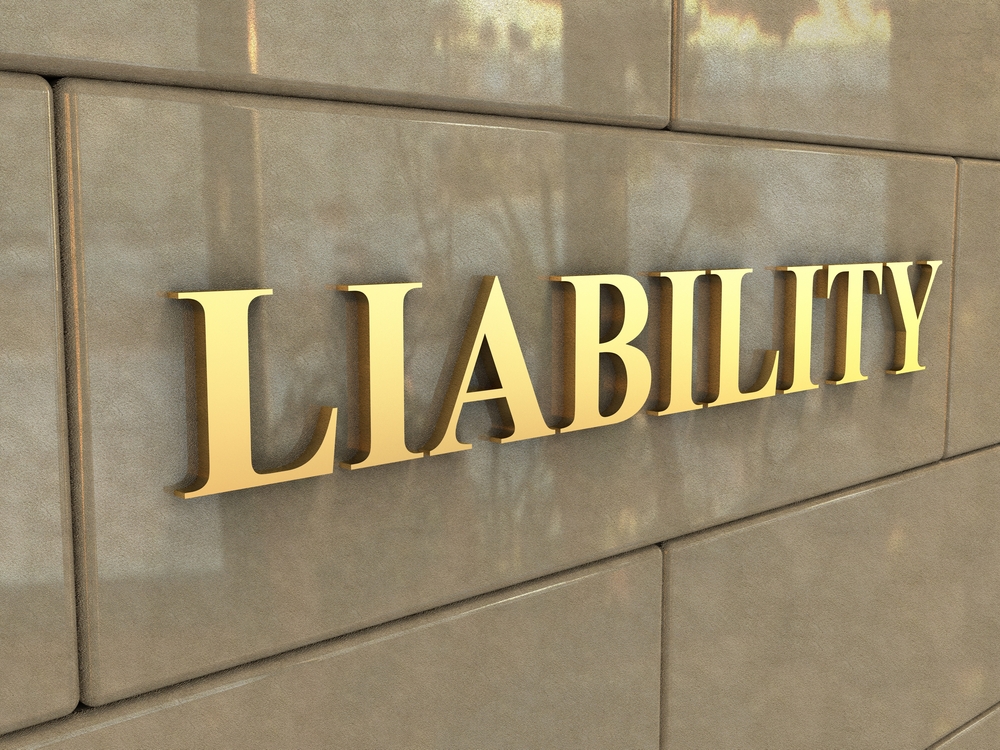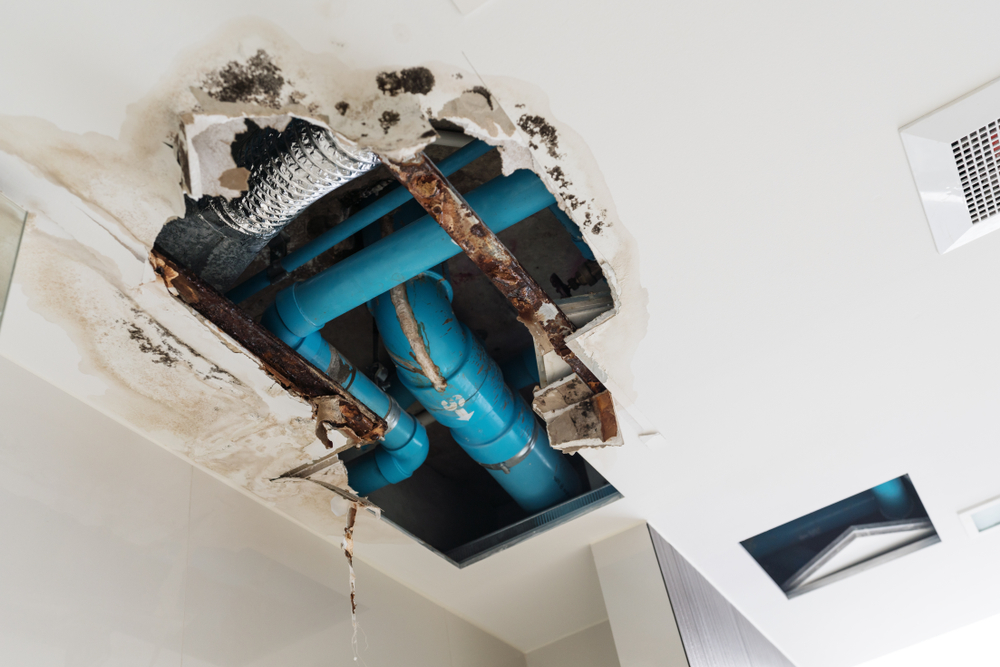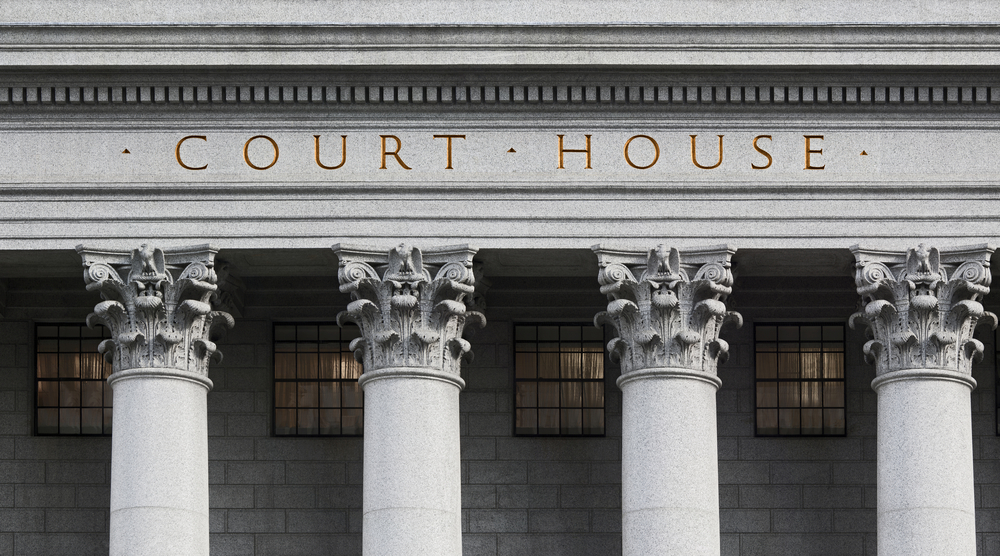Owner Jointly and Severally Liable for Nondelegable Duty
Previously, I discussed the case of Walters v. Beach Club Villas Condominium, Inc., 2020 WL 912943 (Fla. 3d DCA 2020) as it pertains to the Fabre defense. In this case, the plaintiff--a guest of a condominium unit owner--sued the association and the association’s dock contractor after she injured herself on an unfinished dock. The association hired a dock contractor to repair and replace a dock and the work was unfinished on the date the plaintiff injured herself. The plaintiff claimed the association was jointly and severally liable for the dock contractor’s portion of damages. The appellate court agreed because the association...
Continue reading













